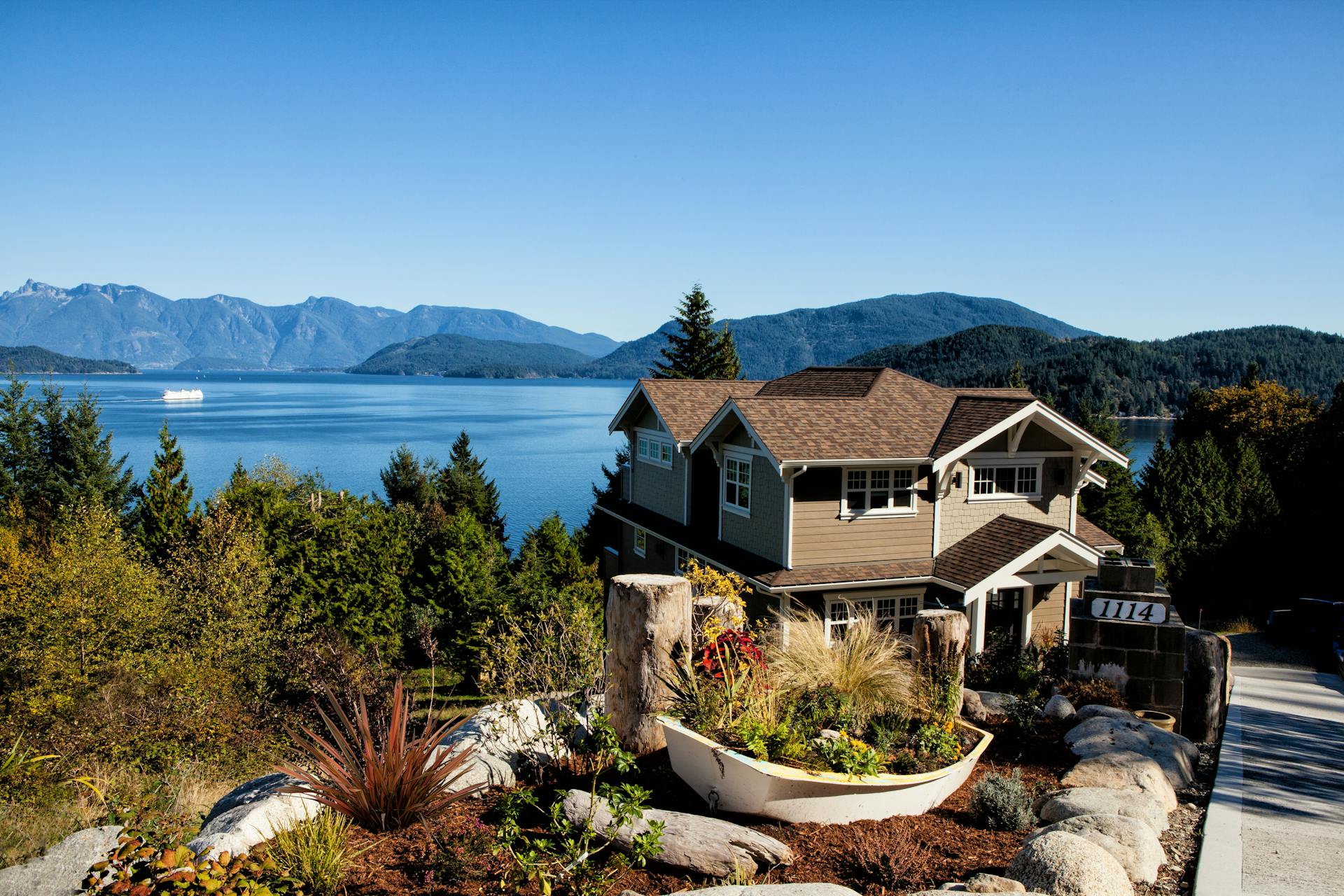

Question: Can a Husband and Wife Have Separate Primary Residences in Canada?
Answer: Yes, a husband and wife can have separate primary residences in Canada if they live apart due to work, school, or other reasons, and meet the criteria set by the CRA for determining primary residence.
Can a Husband and Wife Have Separate Primary Residences in Canada? Married Life, Separate Homes
In Canada, the Principal Residence Exemption (PRE) is a valuable tax benefit that allows you to exempt capital gains tax on the sale of your principal residence. However, for married couples, questions can arise regarding separate primary residences. Can spouses each claim a different property as their principal residence? Let’s explore the rules and implications. [ 1 ]
Understanding the Principal Residence Exemption (PRE)
The PRE is a significant tax advantage. When you sell your principal residence, you can shield the profit from capital gains tax. This exemption can save a substantial amount of money, especially in a thriving real estate market.
Qualifying for the PRE:
To qualify for the PRE, a property must have been your principal residence for a specific period. The Canada Revenue Agency (CRA) acknowledges some flexibility, and short absences may not disqualify the property. However, they meticulously evaluate several factors to determine a residence’s eligibility for the PRE.
Click here for more information on a realty specialist in Caledon
Related Article: What is Vacation Property Insurance?
Related Article: How Does CRA Determine Primary Residence?
Spouses and the PRE: A General Rule
In most cases, a married couple or common-law partners can only designate one property as their joint principal residence for tax purposes in a given year. This applies even if they own separate properties.
The Family Unit Concept:
The CRA considers a married couple or common-law partners, along with their minor children, as a single family unit for tax purposes. Therefore, the PRE applies to the entire family unit, not individual members.
Exceptions to the Single-Residence Rule
There are limited exceptions to the single-residence rule for spouses claiming separate principal residences.
-
Separation:
If spouses are separated under a formal court order or written separation agreement for the entire year, they may be able to designate separate principal residences. -
Special Circumstances:
The CRA may consider extenuating circumstances like illness, work relocation for one spouse, or caring for a loved one that necessitates separate residences for an extended period. However, strong evidence and justification are required.
Important Considerations for Spouses
Even if exceptions apply, claiming separate principal residences can be complex. Here are some crucial points for spouses to consider:
-
Tax Implications:
If one spouse successfully claims the PRE for their separate residence, the other spouse’s property sale will likely be subject to capital gains tax on the full profit. -
Record Keeping:
Detailed records documenting occupancy, expenses, and intentions for each property are essential for supporting separate PRE claims. -
Professional Guidance:
Consulting with a tax advisor is highly recommended. They can assess your specific situation and advise on the feasibility and potential tax consequences of claiming separate principal residences.
Strategies for Spousal Property Management
Owning separate properties as a couple can be challenging, but some strategies can help if you avoid claiming both as principal residences.
-
Joint Ownership:
Owning both properties jointly simplifies tax filing and avoids potential disputes about ownership rights. -
Spousal Transfer:
Consider transferring ownership of one property to a spouse who may have a stronger claim to the PRE based on residency patterns. Tax implications of such transfers should be discussed with a tax advisor. -
Clear Communication:
Open communication between spouses about property ownership, usage plans, and potential tax implications is crucial for smooth property management.
For more information please visit jenjewell.ca
Conclusion
For most married couples, claiming separate principal residences is not the norm. The single-residence rule for family units applies in most cases. Understanding the exceptions and potential strategies can be helpful in managing separate properties while considering potential tax implications. Consulting with a tax advisor is highly recommended to navigate the complexities and ensure compliance with tax regulations.
References
1. https://www.investopedia.com/terms/p/principal-private-residence-canada.asp


